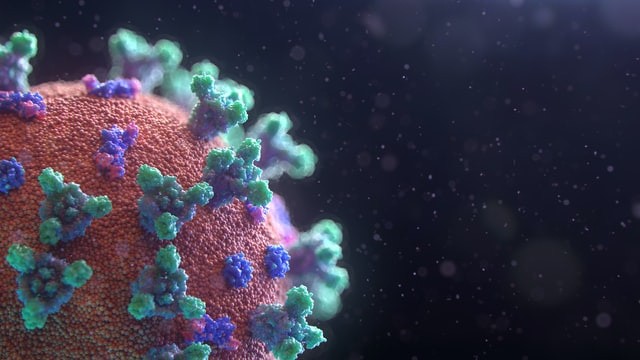The novel coronavirus has continued to spread across the world, infecting a large number of people every day. And as the pandemic continues, no one can tell whether the person you cross paths with is carrying the SARS-CoV-2 virusor not. According to a report in the Chicago Tribune, scientists discovered that there are people who are more infectious compared to others.
These people are called "Superspreaders"--those who infect a disproportionate number of individuals. The reason for this phenomenon is not yet apparent. Scientists clarified that those who carry the virus could actually drive "superspreading epidemic" events and further worsen the situation. It is therefore crucial for researchers to determine how this occurs in people.

However, scientists also reiterated that it is also important to identify those people who are infected but are unable to spread the disease.
According to an epidemiologist at the University of Michigan, Jon Zelner, identifying those people who are more contagious than others and those less infectious could make a big difference in easing the rate of spreading in a location where an outbreak is happening. Contact tracing is an essential tool in dealing with a superspreader. However, if it's conducted on a person who doesn't seem to transmit the virus to others, then it could be a waste of time and resources.
"The tricky part is that we don't necessarily know who those people are," Zelner said.
Some people are more infectious than others, according to scientists; are you still safe?
Martina Morris, an emeritus professor of statistics and sociology at the University of Washington, said on the report of Chicago Tribune that two factors affect superspreaders:

"There has to be a link between people in order to transmit an infection," she said. She also clarified that the link is important but insufficient.
According to Morris, the second factor would be how infectious an individual is. "We almost never have independent data on those two things."
The professor reiterated that exposing an individual to a public attack can easily misattribute multiple infections to that person--even if the contamination of the virus has nothing to do with the individual's infectiousness. She pointed out that if a person was the very first to be infected in a crowded room, and the spread is fast, he or she can be easily accused as the superspreader.
However, there are instances where a few individuals have caused large outbreaks. Dr. Thomas Frieden, the former director of the Centers for Disease Control and Prevention and chief executive at Resolve to Save Lives, clarified that there is no evidence yet if the individuals with silent infections are included in those people called superspreaders.
Also Read: Coronavirus Quarantine Tips: Strengthening Relationships; Here's What Experts Suggest
![Apple Watch Series 10 [GPS 42mm]](https://d.techtimes.com/en/full/453899/apple-watch-series-10-gps-42mm.jpg?w=184&h=103&f=9fb3c2ea2db928c663d1d2eadbcb3e52)



